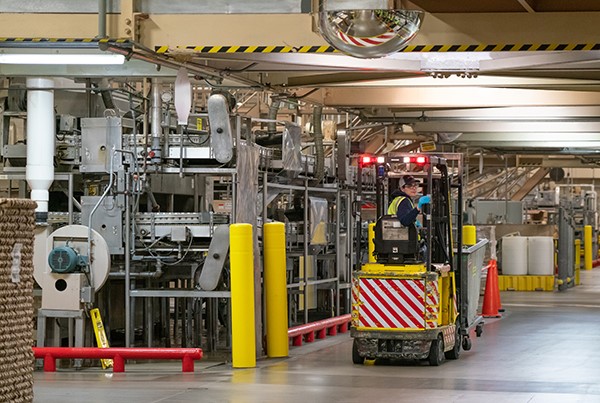Action Needed on Interest Deductibility, NAM Study Shows

An important new study released by the NAM shows that failure to reverse a new, stricter limit on interest deductibility could cost the United States nearly half a million jobs.
The background: Manufacturing is a capital-intensive industry—and manufacturers often borrow funds to purchase capital equipment and invest in growth. The interest they pay on those loans is tax deductible up to a certain limit. However, a recent change in tax law modified the way that limit is calculated—leaving companies with a smaller deduction and increased costs as they seek to invest in equipment and job creation.
The data: The study published by the NAM paints a bleak picture of the economic impact if Congress fails to take action to fix this problem. According to the EY analysis, keeping a stricter interest deduction in place would increase manufacturers’ cost of capital and lead to reduced investments in the U.S. economy. The result would be lost jobs, reduced employee compensation and lessened U.S. GDP. Specifically, the study finds that the stricter interest limitation will cost the United States:
- 467,000 jobs;
- $23.4 billion of employee compensation; and
- $43.8 billion in GDP.
What’s next: The NAM supports the Permanently Preserving America’s Investment in Manufacturing Act (H.R. 5371/S. 1077), bipartisan legislation that would reverse the stricter limitation and ensure that manufacturers can make critical investments in themselves and their communities.
What we’re saying: “These numbers show the importance of preserving manufacturers’ ability to deduct interest and finance critical job-creating investments,” said NAM Senior Director of Tax and Domestic Economic Policy Charles Crain. “With 467,000 jobs at risk, the NAM is leading the effort to secure a reversal of this harmful change by year’s end.”
